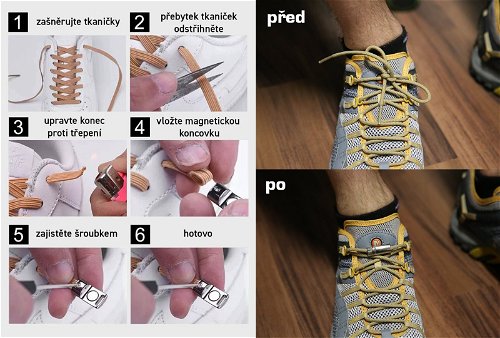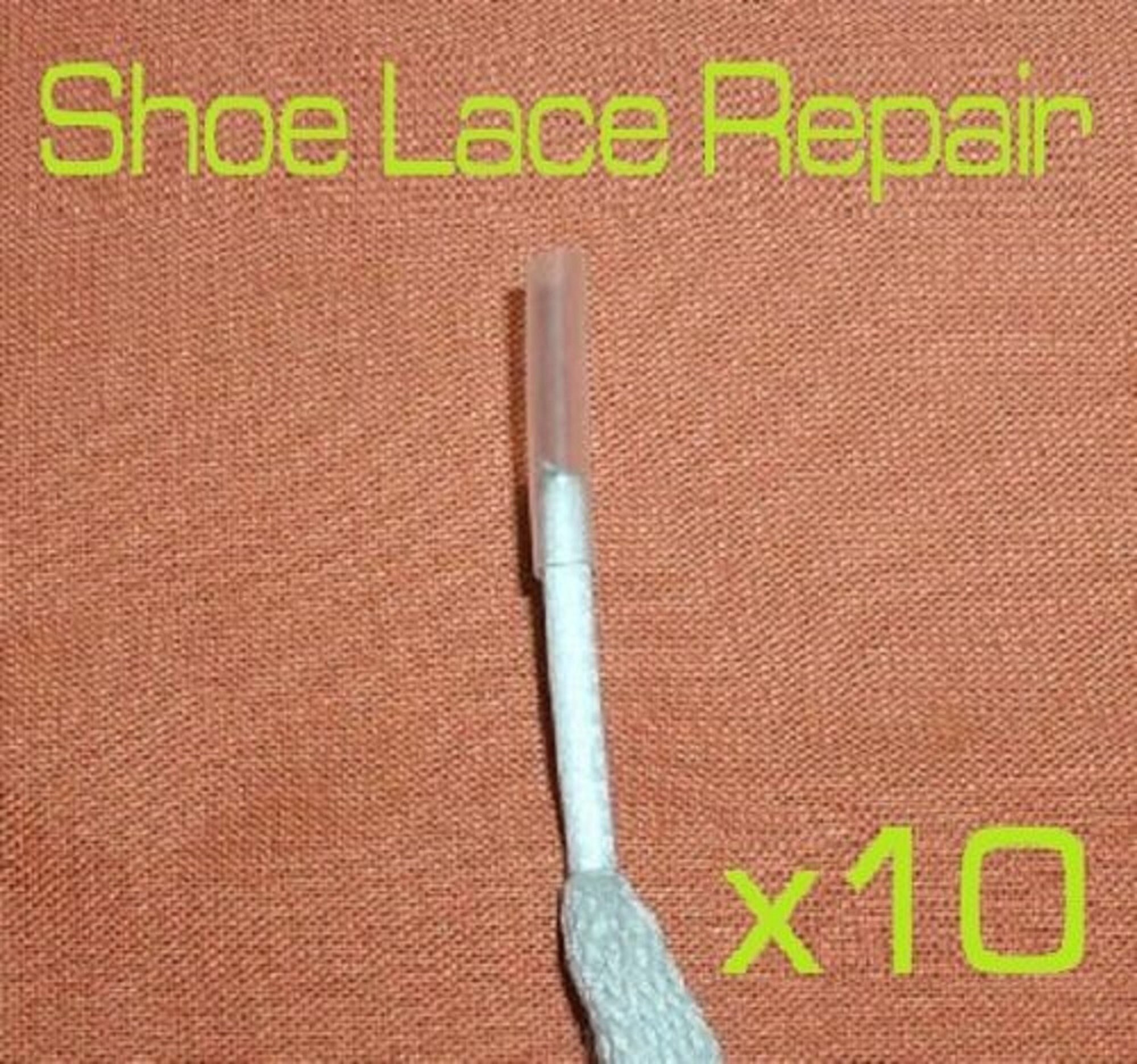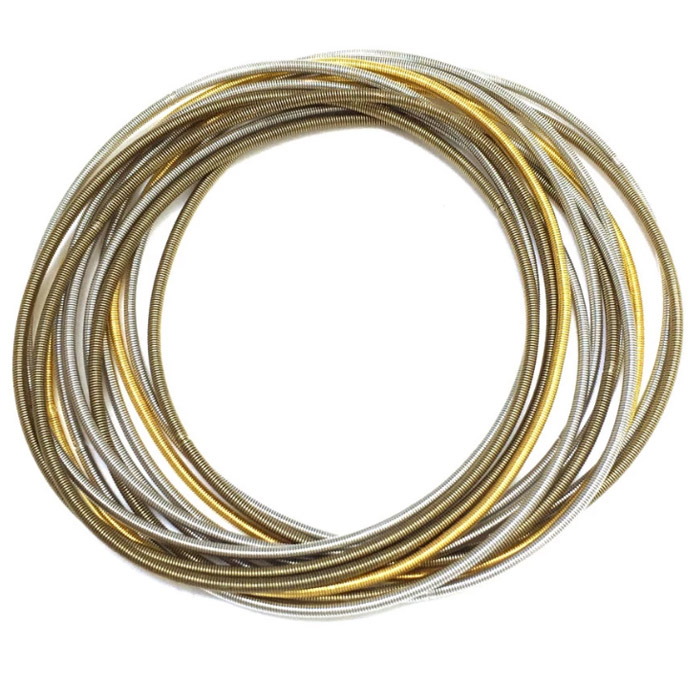UNSW on X: Eventually, the telomere is too short – the cell stops dividing and either destroys itself or becomes inactive. As we age, many of our cells reach this stage, so
By A Mystery Man Writer
Last updated 16 Jul 2024
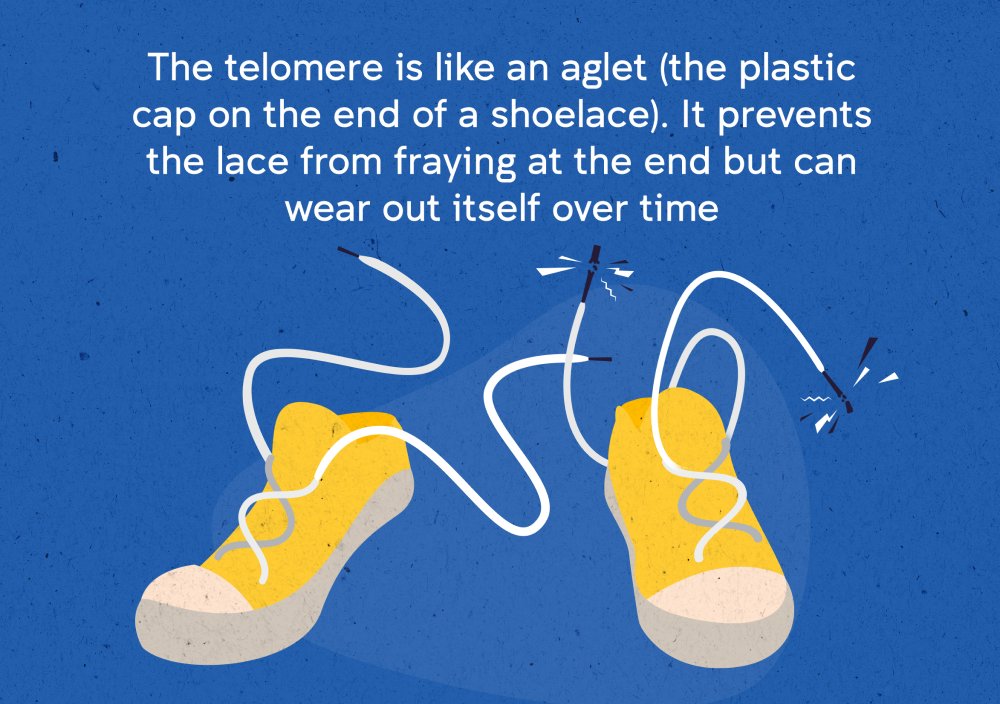
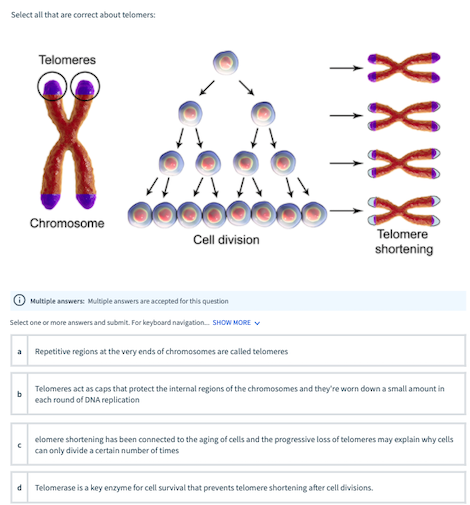
Solved Select all that are correct about belomers: Telomeres

Telomeres shorten with cell division due to the 'end-replication
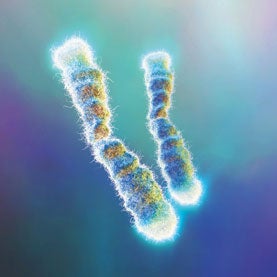
My, What Long Telomeres You Have

Fact 13: The Hayflick Limit & Cellular Aging — Ben Willenbring
What determines the total number of times a cell will divide? - Quora

Solved 1. Telomere shortening puts a limit on the number of

What are Telomeres? Do They Predict Lifespan? - Gene Food

Unravelling the role of telomere shortening with ageing and their potential association with diabetes, cancer, and related lifestyle factors - ScienceDirect

Telomere length is inherited with resetting of the telomere set-point
Recommended for you
You may also like



